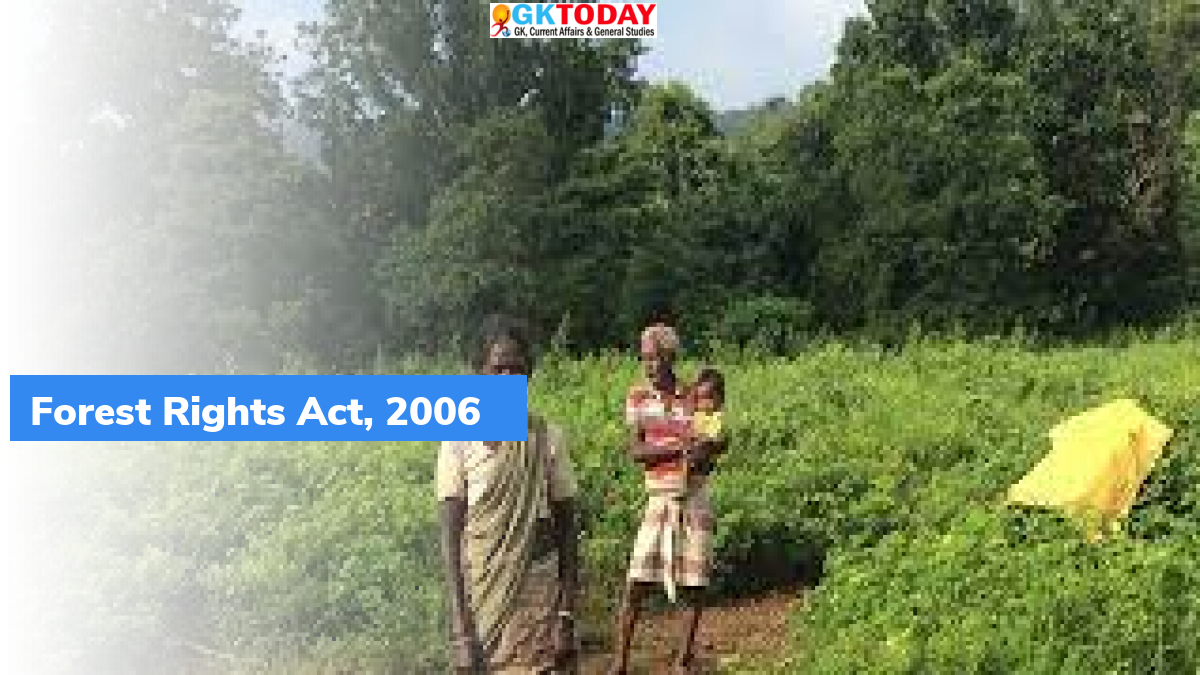Government Statistics on Tribal Land Claims
The implementation of the Forest Rights Act in India has raised concerns as nearly 40% of land claims filed by tribal communities have been rejected by various states. This issue is particularly pronounced in states like Uttarakhand, Karnataka, Uttar Pradesh, Jammu and Kashmir, and West Bengal, with Uttarakhand leading the rejection rates at a staggering 97%.
Key Findings
- Out of a total of 45,54,603 claims filed, a significant 18,01,561 claims, approximately 40%, have been rejected.
- Alarming rejection rates are observed in eleven out of 23 states and union territories, surpassing the national average.
- These states include Uttarakhand (97.23%), Karnataka (84.9%), Uttar Pradesh (79.75%), Jammu and Kashmir (78.21%), West Bengal (67.98%), Bihar (52.54%), Madhya Pradesh (51.43%), Rajasthan (52.94%), Telangana (45.62%), Chhattisgarh (42.99%), and Tamil Nadu (39.64%).
- The rejection of these claims holds significant political implications, especially in tribal-dominated states like Madhya Pradesh, Rajasthan, Telangana, and Chhattisgarh, which are approaching elections.
Forest Rights Act: Empowering Tribal Communities
The Scheduled Tribes and Other Traditional Forest Dwellers (Recognition of Forest Rights) Act, also known as the Forest Rights Act 2006, was enacted to grant tribals residing in forest areas formal land rights through documents known as “pattas.” Under this act, tribals can submit claims for land to their respective gram sabha (village council). These claims are then reviewed and approved first by a sub-divisional committee and subsequently by the divisional committee at the district level.
Criticism and Lack of Oversight
Concerns have been raised by experts about the lack of proactive involvement by the tribal affairs ministry in ensuring the proper implementation of the Forest Rights Act by the states. This comes as the central government has the authority to issue directives to the states, especially when there are high rejection rates of claims, but this has not been pursued.
Challenges in Claim Filing
State governments have complicated the process of filing claims, making it particularly challenging for tribal communities in remote areas. For instance, Madhya Pradesh introduced a mobile app called “Van Mitra” for claim submissions. This move has posed difficulties for tribals in areas with poor mobile connectivity, as they now rely on tech operators to complete the process, instead of the intended grassroots involvement of gram sabhas. Consequently, the process has become more inaccessible to the very communities it aims to empower.
Month: Current Affairs - September, 2023
Category: India Nation & States Current Affairs








